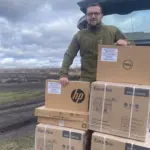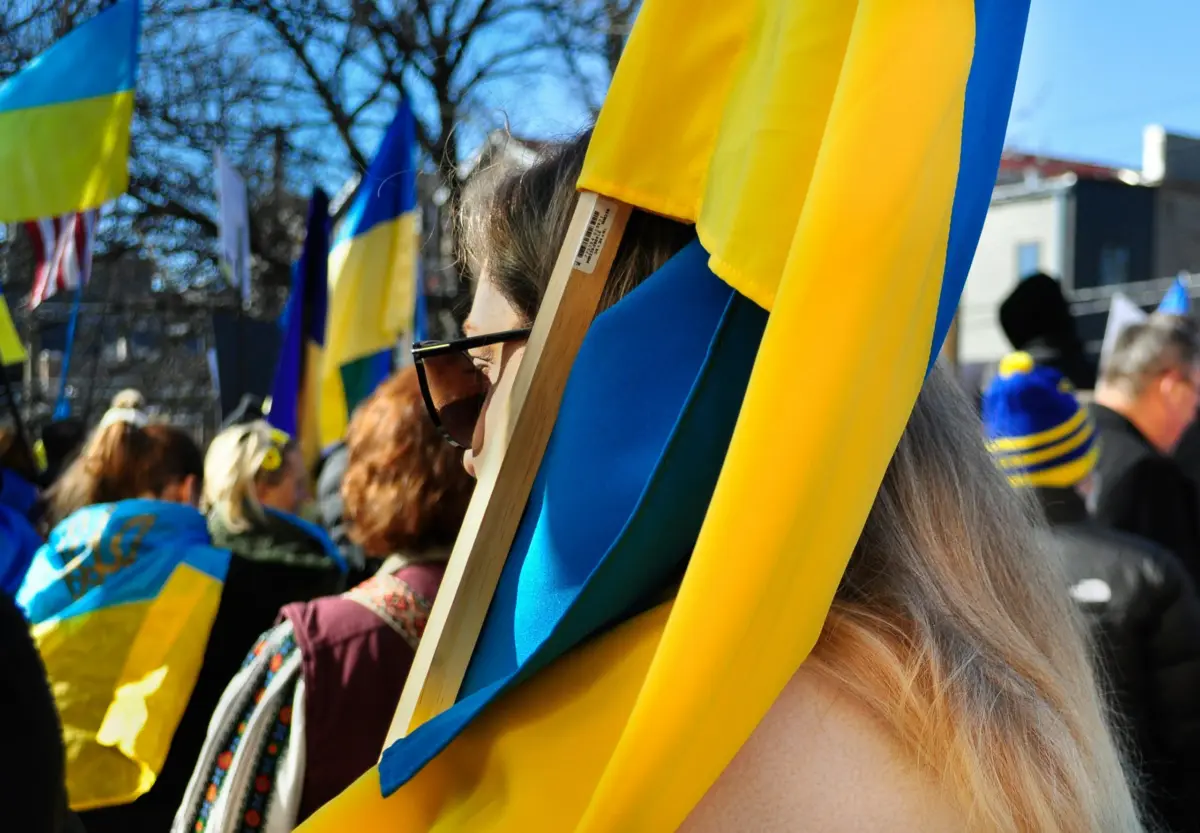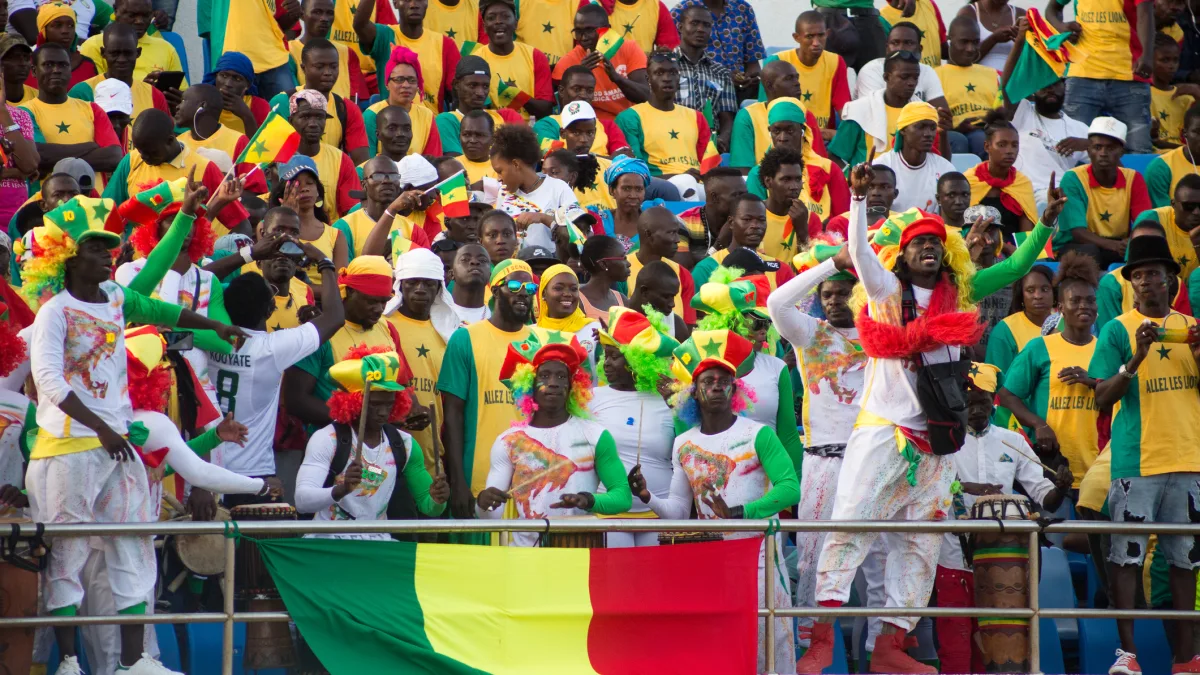When war erupts, public attention typically fixates on frontline battles, geopolitical manoeuvres and military strategies. The wider human story—particularly of women adapting to extraordinary circumstances—often remains untold.
A new book by Andrew Wrobel, Ordinarily Unusual: The Quiet Reinvention of Ukrainian Women, seeks to remedy this oversight by chronicling the transformations of Ukrainian women whose lives were upended by Russia’s full-scale invasion in February 2022.
“This war was not just about battlefields,” explains Wrobel. “It was about lives upended, careers lost and rebuilt, and identities reshaped under the most extreme circumstances.” His narratives begin not with geopolitical analysis but with the raw, human moments of February 24, 2022—the day that marked an irrevocable ‘before and after’ for millions of Ukrainians.
The project grew from personal connections. Wrobel had been scheduled to visit Ukraine just four days after the invasion began. Having worked extensively in the country, he watched colleagues and friends face impossible choices in real time—whether to flee or stay, how to protect their families, where to find safety.
One team member’s Ukrainian family became a window into the war’s intimate dimensions: the paperwork, the displacements, the agonising decisions that conflict imposes on civilians.
Paradoxically, the women featured in the book were leading what Wrobel calls ‘ordinary’ lives before the invasion—running businesses, raising children, pursuing education.
The title Ordinarily Unusual captures this contradiction: seemingly regular people performing extraordinary feats of adaptation and courage when circumstances demanded it. Their reinvention “wasn’t a choice, but a necessity”.
Painful divisions
Finding subjects for the book proved less challenging than convincing them to share their stories. Many women were hesitant, with trauma still raw and fears about safety or perception. Some chose anonymity. Networks like Women Leaders for Ukraine became crucial intermediaries, connecting Wrobel with women ready to document their experiences.
Two narratives particularly affected the author. One features Alla, whose story revealed unexpected complexity when Wrobel noticed she spoke Russian rather than Ukrainian. This simple observation uncovered a painful family division—her Russian mother had chosen to remain in Ukraine, while her sister in Russia, captive to a different narrative of the war, refused all contact.
“It was a stark reminder that for many, the war isn’t just about geography—it’s about identity, language, and painful divisions that may never be repaired,” notes Wrobel.
Another account follows Olha, a teacher who endured a long period hiding in a basement with her daughter and granddaughter before escaping on her fourth evacuation attempt.
Besides her home, she lost something profoundly personal: her PhD dissertation, representing decades of academic work. Yet Olha’s story concludes triumphantly—she eventually defended her doctorate in her sixties, demonstrating that “reinvention doesn’t have an age limit”.
Such stories illuminate how war’s impacts extend far beyond immediate survival. They reveal the “small, deeply personal battles people fight every single day to hold on to who they are”, says Wrobel.
Ukrainian women have assumed roles they never anticipated—managing logistics for humanitarian efforts, serving as combat medics, running businesses from exile, or simply maintaining family cohesion amid chaos. “Women don’t wait for permission,” Wrobel observes. “They lead, they rebuild, they protect, and they do it with remarkable clarity. They don’t see themselves as heroes, yet their actions define courage in its purest form.”
The concept of reinvention anchors the book but appears in a distinctive context. Unlike the planned transformations common in business literature or self-help guides, these were forced reinventions occurring in real-time, “without a plan, without certainty, often driven by nothing but instinct and survival.” Yet from these urgent adaptations emerged, “new identities, new roles, new communities, and, ultimately, a redefined sense of self.”
Tangible impact
Crafting the book presented unique challenges. Wrobel sought to honour the emotional weight of the narratives while keeping them accessible. “I wanted to avoid clichés and narratives that reduced these women to symbols of resilience,” he says. “They are real people, with complex emotions, doubts, and fears.” Finding the right balance between “raw reality with hope” proved difficult but essential.
The book represents more than documentation—it aims for tangible impact. Twenty-five per cent of net proceeds will support UNITED24, an initiative funding humanitarian relief, medical aid, and reconstruction in Ukraine. By directing resources to these efforts, Wrobel hopes “these stories don’t just inspire, but also contribute to tangible change.”
Beyond financial contributions, the author suggests readers can help by, “keeping Ukraine in the conversation, supporting Ukrainian businesses, and amplifying Ukrainian voices.”
Renowned Polish film director Agnieszka Holland has endorsed the book, noting: “Today, it is especially important to hear what Ukrainian women have to say. Their voices carry the profound weight of human experience, and this book helps us both understand and deeply feel that experience.”
While rooted in Ukraine’s specific context, the book’s themes transcend national boundaries. Resilience, forced transformation, and adaptation to radical change are universal human experiences. Wrobel hopes readers gain “a deeper understanding of the human cost of war, but also a renewed belief in the power of individuals to reshape their own futures—even in the most impossible circumstances.”
Ordinarily Unusual: The Quiet Reinvention of Ukrainian Women is available now. Beyond documenting history, it affirms storytelling’s power to shape it. As Wrobel concludes, “Stories—when shared—have the power to change the world.”
Photo by Kate Mcdaniel on Unsplash.







